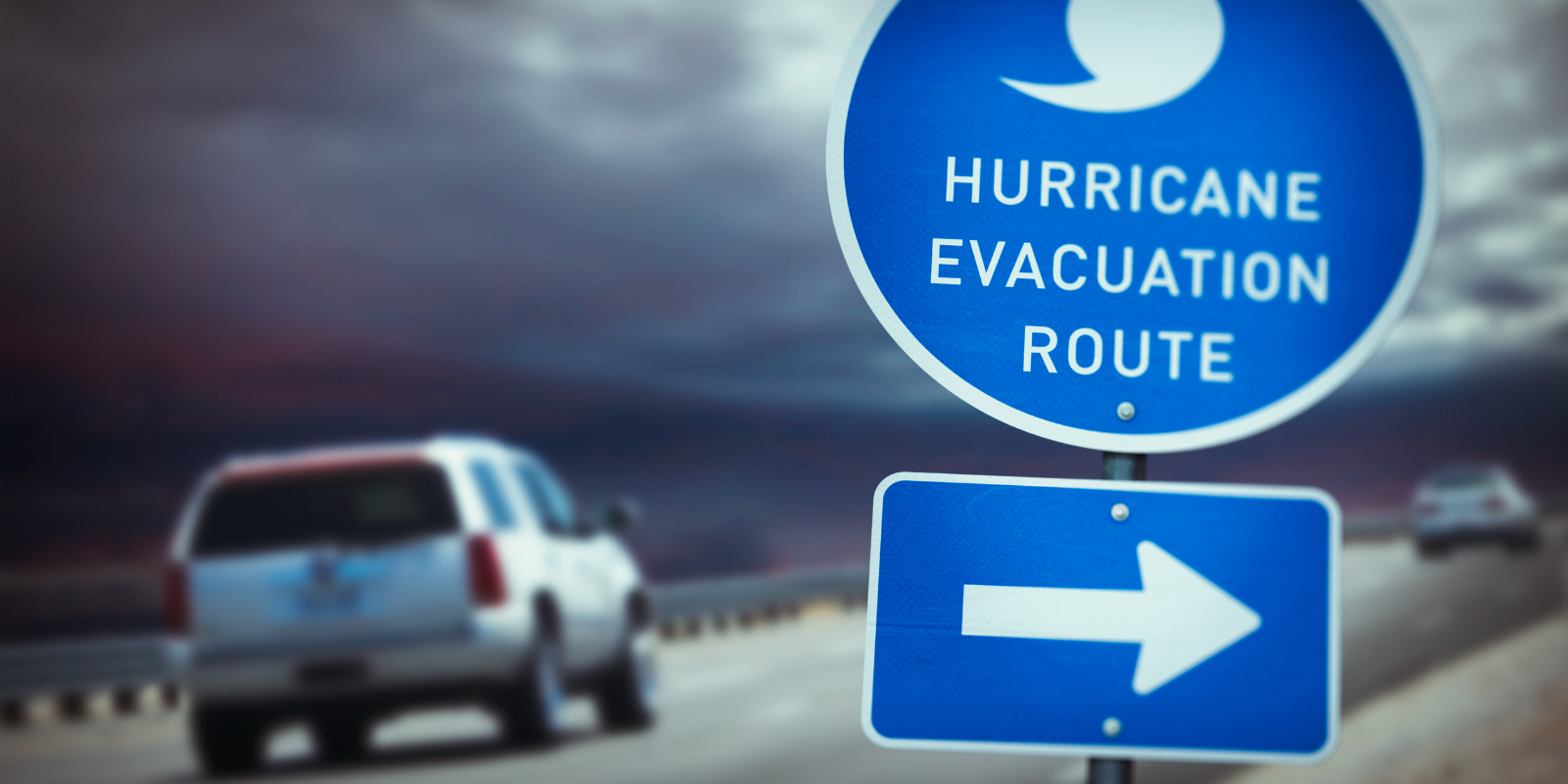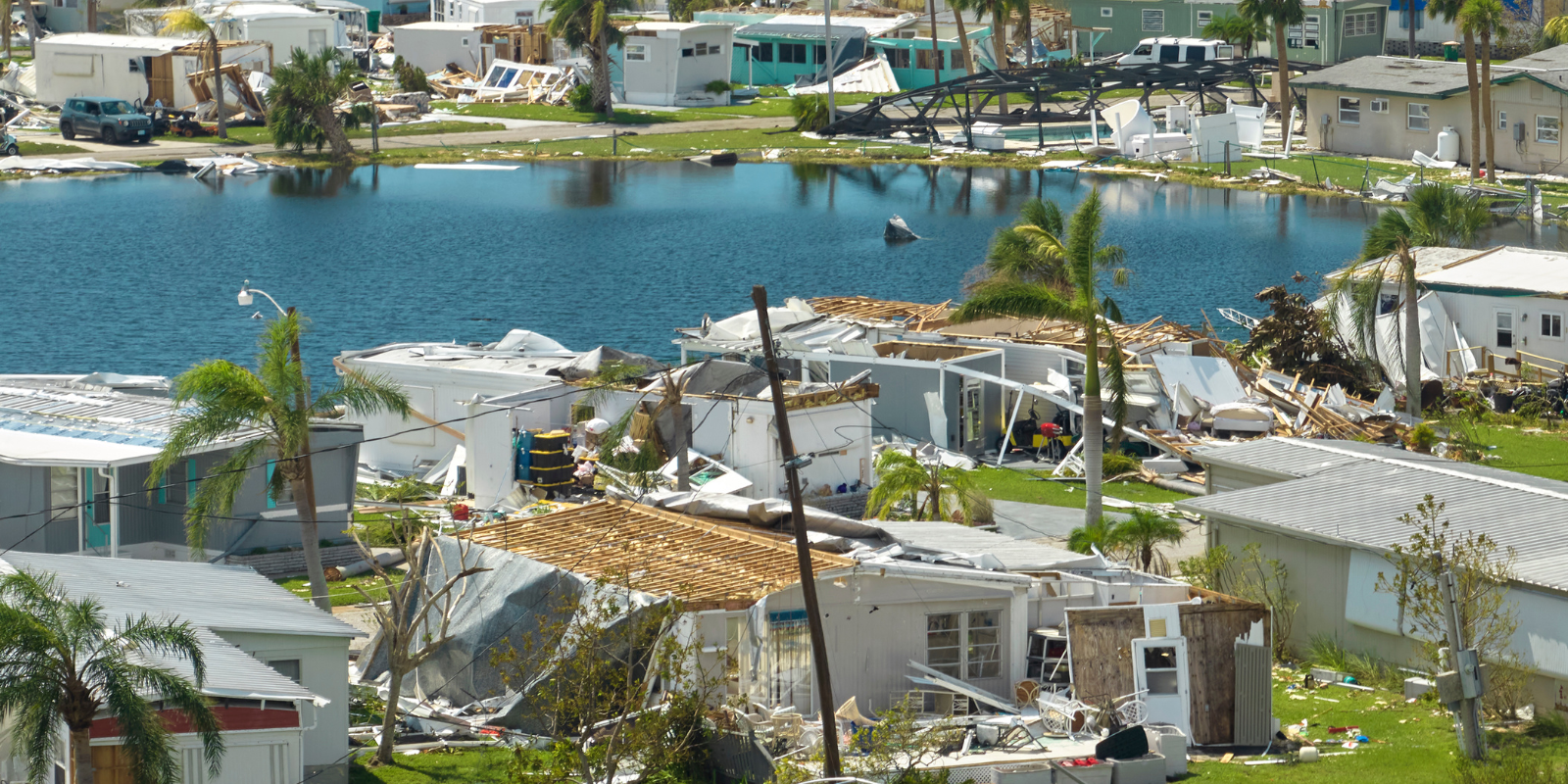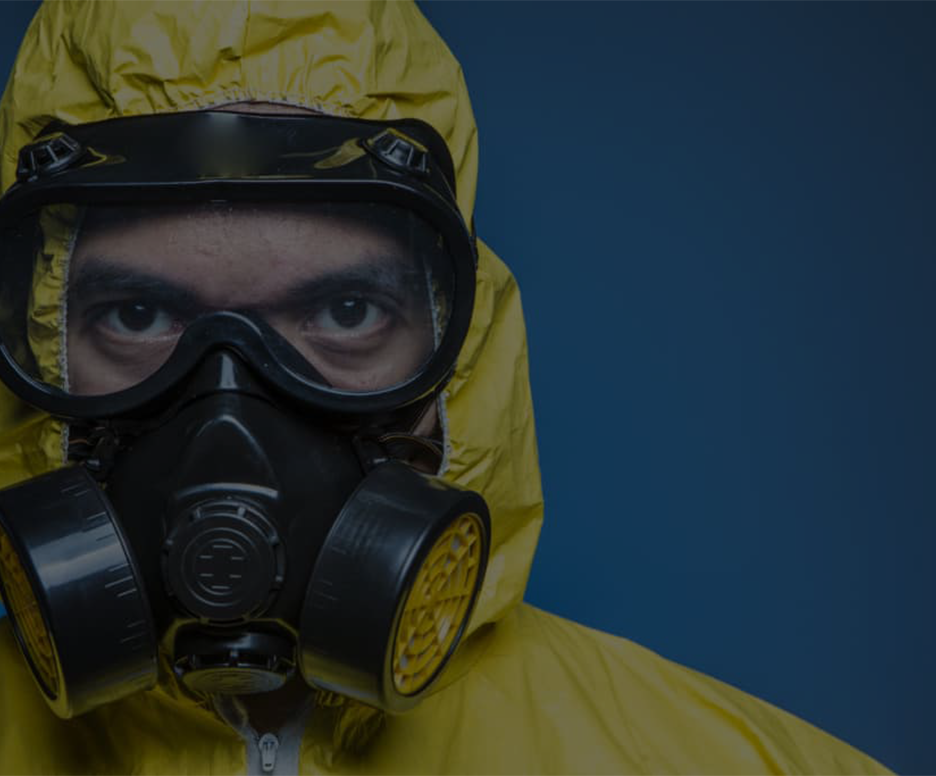
Interesting Facts And Questions About Natural Disasters
By: 911 Water Damage Experts
1. In 1960, Chile experienced the largest earthquake ever recorded worldwide, measuring a staggering 9.5 on the Moment Magnitude scale. The resulting tsunami caused significant damage as far as 9,000 miles away on the coast of California.
2. The (enhanced) Fujita scale rates the intensity of tornadoes based on the damage caused to man-made structures. It ranges from F0 (Gale) with wind speeds of 40-73 mph to F5 (Incredible) with wind speeds ranging from 261-319 mph.
3. According to National Geographic, in 90 percent of avalanche fatalities, the victim or someone in their group triggers the avalanche. The speed of rescuing the victim plays a crucial role in their survival rate, with 93 percent of victims rescued within 15 minutes surviving. However, after 45 minutes, the survival rate drops to 20 to 30 percent and decreases significantly thereafter.
4. There are approximately 1,900 active volcanoes globally, with about 90 percent of them located in the Ring of Fire encircling the Pacific Ocean.
5. To be classified as a hurricane, a tropical storm or cyclone must have sustained winds of at least 74 miles per hour.
6. China’s Huang He (Yellow) River has been responsible for some of history’s deadliest floods. The most devastating flood occurred in 1931, resulting in estimated deaths ranging from 1.5 million to as many as 4 million people.
7. The 1906 earthquake in San Francisco caused considerable damage, but the subsequent three-day fire was the primary cause of devastation.
8. The Great Chicago Fire of 1871 is often attributed to a cow as its initial source.
9. Hurricanes, typhoons, and cyclones are different names for the same weather phenomenon.
10. The tallest tidal wave ever recorded happened in Latuya Bay, Alaska, towering over 1,720 feet. That’s 500 feet taller than the Empire State Building.
11. The largest hailstone ever documented in the United States had a diameter exceeding seven inches and weighed nearly two pounds.
12. Lava, the molten rock expelled by volcanoes, can reach temperatures of around 2,000 degrees Fahrenheit.
13. Southern California experiences over 10,000 earthquakes annually, but most are too small to be felt.
14. In 1986, a limnic eruption (a release of carbon dioxide gas) in Lake Nyos, Cameroon, claimed the lives of approximately 1,700 villagers. The odorless and colorless gas, heavier than air, traveled across the ground and suffocated the sleeping residents.
15. Iran endured a week-long blizzard in February 1972 that resulted in the deaths of roughly 4,000 people.
16. The Chinese famine of 1907 is estimated to have caused over 24 million deaths due to starvation.
17. The deadliest tsunami in history was the Indian Ocean tsunami of 2004, releasing energy equivalent to 23,000 Hiroshima-type atomic bombs, according to the U.S. Geological Survey.
18. Hurricane Audrey in 1957 generated a storm surge that reached as far as 25 miles inland.
19. Tornadoes have occurred in all 50 states, although Florida and the region known as “Tornado Alley” in the central U.S. experience the majority of them.
20. Massive flooding in China in 1958 resulted in an estimated death toll of 2 million people.
Frequently Asked Questions About Natural Disasters
1. Who do I call after a natural disaster has destroyed my house?
Call a weather damage or disaster restoration company like 911 Water Damage Experts near you. They will know exactly how to manage and assess the damage to your home for restoration.
2. What are the 10 worst natural disasters?
The 10 worst natural disasters can vary depending on factors such as the scale of destruction, loss of life, and economic impact. Some notable examples include the Indian Ocean tsunami of 2004, the China floods of 1931, the 1906 San Francisco earthquake and subsequent fire, the 2005 Hurricane Katrina, the 2010 Haiti earthquake, the 1970 Bhola cyclone, the 1976 Tangshan earthquake, the 2008 Sichuan earthquake, the 2011 Tohoku earthquake and tsunami, and the 1985 Mexico City earthquake.
3. What natural disaster killed the most?
The natural disaster that has caused the most fatalities in recorded history is the 1931 China floods. Estimates of the death toll range from 1.5 million to as high as 4 million people.
4. What are the 3 worst natural disasters?
The three worst natural disasters in terms of their devastating impact are subjective, but some frequently mentioned events include the Indian Ocean tsunami of 2004, the 1931 China floods, and the 1906 San Francisco earthquake and subsequent fire.
5. What is the biggest natural disaster in the world?
Determining the biggest natural disaster in the world depends on various factors, such as the magnitude of destruction, loss of life, and geographical impact. Some significant natural disasters often mentioned include the Indian Ocean tsunami of 2004, the eruption of Mount Tambora in 1815, the 1931 China floods, and the 2005 Hurricane Katrina.
6. Does Canada have natural disasters?
Yes, Canada experiences various natural disasters, including wildfires, floods, earthquakes, severe storms, and avalanches, depending on the region. However, the frequency and severity of these disasters can vary across different parts of the country.
7. What year had the most disasters?
The year with the most recorded natural disasters can vary based on different sources and the specific criteria used. However, certain years have seen an exceptionally high number of natural disasters, such as 2005, which included Hurricane Katrina and other significant events.
8. Which country has the most natural disasters?
Different countries face varying degrees of natural disasters due to their geographical location and climate. Some countries known for experiencing a higher frequency of natural disasters include the Philippines, Japan, Indonesia, the United States, and Mexico.
9. What are the top five most common natural disasters?
The top five most common natural disasters include hurricanes/typhoons/cyclones, earthquakes, floods, wildfires, and tornadoes. However, the occurrence and severity of these disasters can differ based on the region and climate conditions.
10. What is the scariest disaster?
Determining the scariest disaster is subjective and can vary depending on personal experiences and perceptions. Different people may find certain disasters more frightening than others based on factors like the potential for loss of life, the magnitude of destruction, or the unpredictability of the event.
11. What is the number 1 worst tsunami?
The 2004 Indian Ocean tsunami, triggered by an undersea earthquake off the coast of Sumatra, is often regarded as one of the worst tsunamis in recorded history. It caused widespread devastation across multiple countries and claimed the lives of approximately 230,000 people.
12. What is the first deadliest natural disaster?
The first deadliest recorded natural disaster is difficult to determine precisely, as historical records may be incomplete or unavailable. However, notable deadly disasters include the eruption of Mount Vesuvius in 79 AD, which engulfed the cities of Pompeii and Herculaneum, and the Yellow River floods in China’s history.
13. What is the least deadliest natural disaster?
The least deadliest natural disaster can vary, as it depends on the specific event and its impact. Generally, smaller-scale events with limited destruction and loss of life, such as isolated wildfires or small-scale floods, would be considered the least deadly natural disasters.
14. How do you survive a tsunami?
To survive a tsunami, it is crucial to have prior knowledge of evacuation routes and follow any official warnings or instructions. If you are in a coastal area and experience strong ground shaking or notice the sea rapidly receding or behaving unusually, it is essential to move to higher ground immediately. Staying informed through reliable sources and having an emergency plan in place can significantly increase your chances of survival.
15. What’s the worst tsunami ever?
The 2004 Indian Ocean tsunami, triggered by an undersea earthquake, is often regarded as one of the most devastating tsunamis in history. It impacted several countries in the region, resulting in extensive destruction and a high death toll.
16. What natural disasters can destroy the world?
While no natural disaster is capable of completely destroying the entire world, certain events can cause significant devastation and have global impacts. Potential catastrophic events include supervolcano eruptions, asteroid impacts, severe climate change leading to mass extinction, or large-scale nuclear conflicts. However, the likelihood of such events occurring and their exact consequences are highly uncertain and speculative.
If you have any questions about our article “Interesting Facts And Questions About Natural Disasters” or need disaster restoration services feel free to call us at 1-833-WE-DRY-IT or contact us on LiveChat or on social media.
Related Posts
Mould Removal Restoration Articles
5 Signs You Have Mould Growing In Your Walls
“Can I Remove Mould Myself?” Our Mould Removal Experts Have Answers
7 Must-Know Reasons Why You Should Get A Mould Inspection Before Buying A House
Does Mould Attract Bugs? Yes And Here’s What Kind And Why
How To Remove Mould From The Attic [Mould Prevention Tips Inside]
How Rain Causes Mould Growth-Prevention Tips Included
Must-Know Tips: How To Remove Mould In Your Basement
Water Damage Restoration Articles
What you can expect from a fire damage restoration company
Water damage prevention tips from the most common problems we’ve seen
Top causes of water damage in commercial buildings and how to find them
Must-know water damage tips: What to do after your house floods
What does good water damage restoration look like?
DIY water damage restoration and the hidden dangers
How to choose the right water damage company
Flast floods: What to do before, during and after a flash flood
What to do when your attic leaks?
Fire Damage Restoration Articles
How to clean up after a house fire
Fire damage restoration checklist
Fire damage tips: 6 hazards property owners miss
How smoke from fires can negatively affect your health
What are the most common causes of house fires?
10 helpful smoke damage cleaning tips
Related Water Damage Services
Fire damage restoration services
Water damage restoration services
Emergency cleanup services
Mould removal services
Weather damage services


